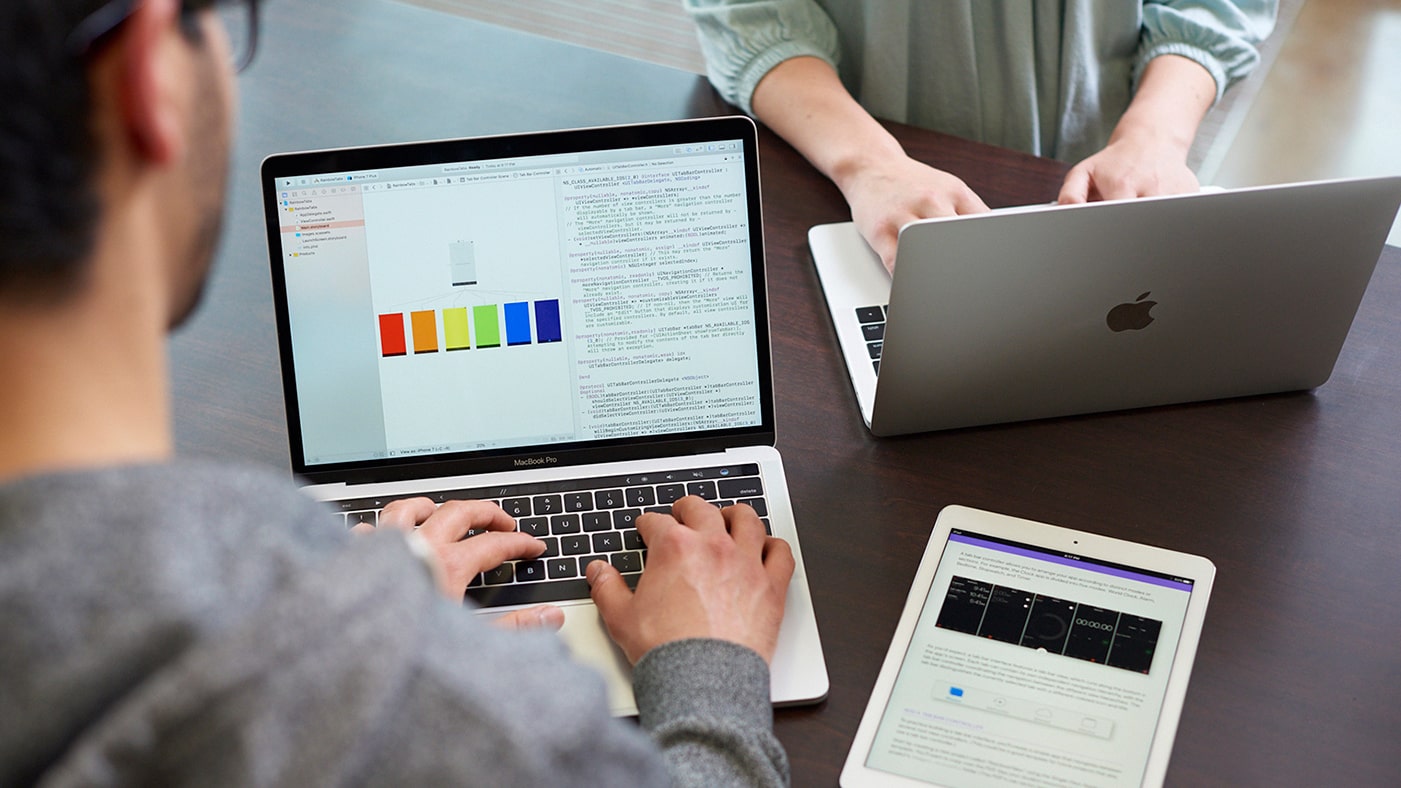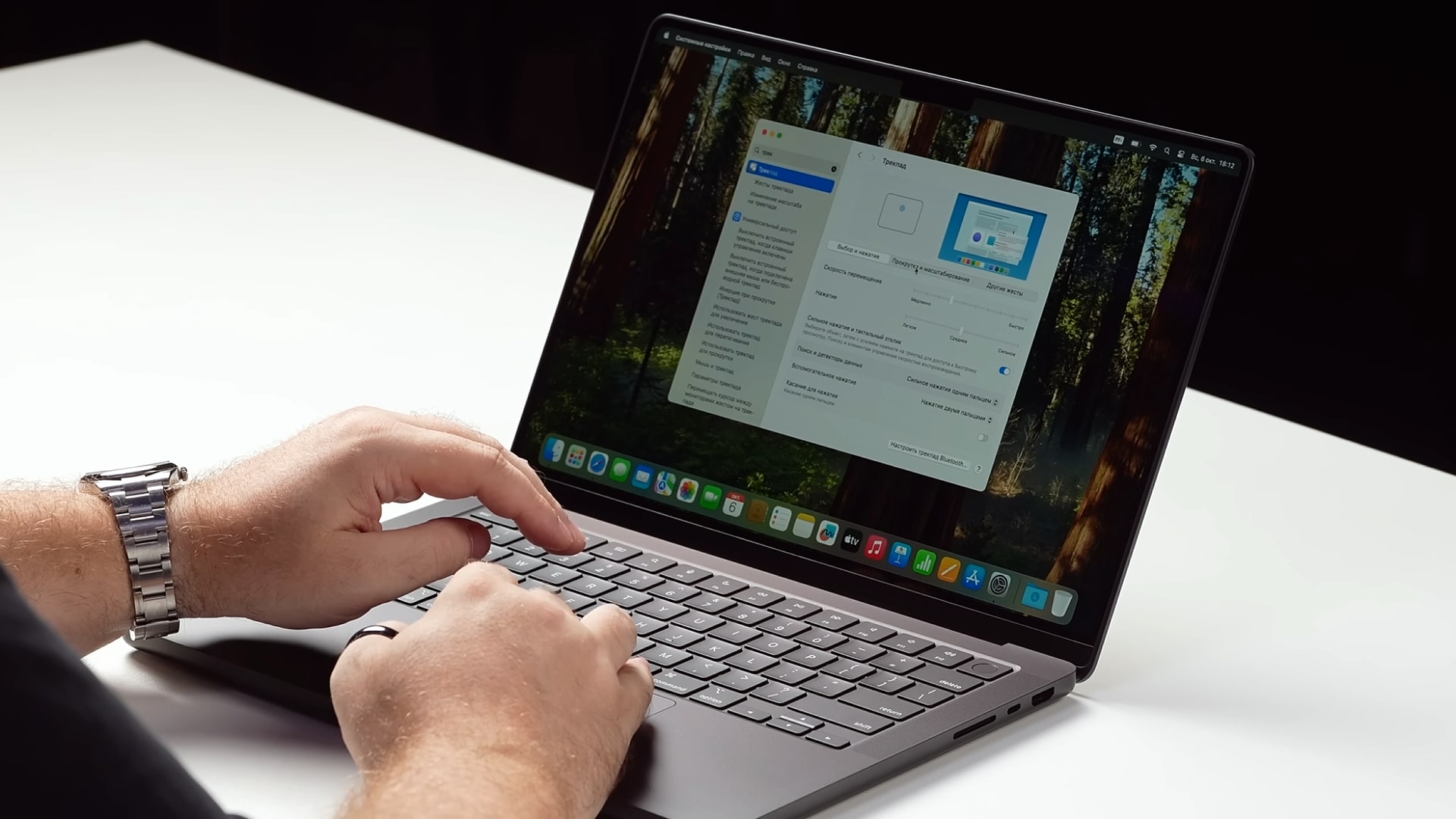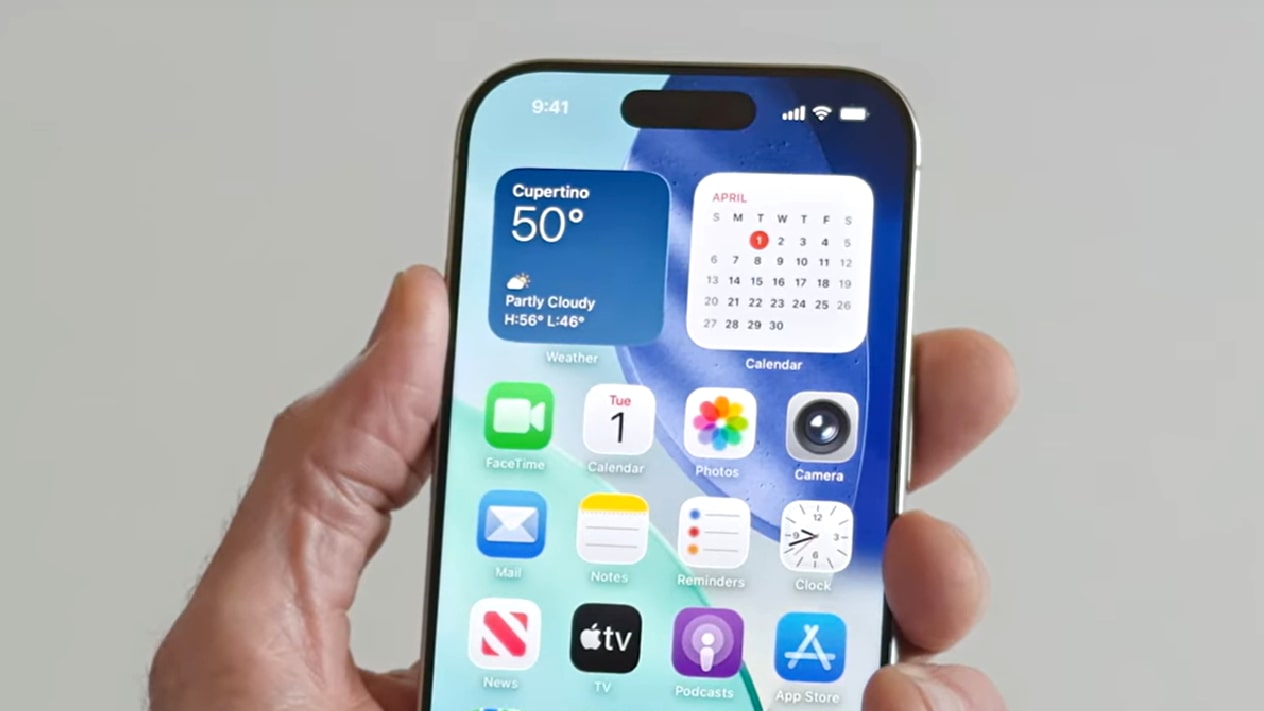Are MacBooks good for students?
New students might be eyeing up an Apple laptop - but are they worth the cash?

Sign up for breaking news, reviews, opinion, top tech deals, and more.
You are now subscribed
Your newsletter sign-up was successful
If you're a prospective student about to head off to college or university (or even just high school), you've probably been considering picking up a new laptop. Finding the best student laptop for your needs and budget can be tricky, but you might already have one in mind: a MacBook.
But are Apple's iconic laptops really such a good choice for students? The results of a 2023 study from UC Davis would certainly suggest so; almost half of the university students surveyed use a Mac as their primary device for coursework, with the overwhelming majority of those being MacBooks. Mac ownership among students has risen dramatically over the past decade, indicating that MacBooks are indeed a viable option for higher education.
But there are some important caveats here, and what works great for one student might be a bad fit for another. In this article, I'll be breaking down the pros and cons of using one of the best MacBooks as a student, and whether you should really consider purchasing one to support your studies.
If the price is right
First, let's talk about cost. Several years ago, I attended a briefing with Nvidia, where the company's PR team explained that a laptop is almost always the biggest individual product expense made by new students. Now, we're not talking about laptops with Nvidia hardware here, but the fact still rings true: out of all the things you might buy before heading off to university or college, a laptop is likely to be the most expensive.
There's no denying that MacBooks fall on the premium end of the spectrum when it comes to the wider laptop market. Currently, the cheapest MacBook you can buy new from Apple is the base configuration of the M4 MacBook Air 13-inch, which will cost you a tidy sum of $999 / £999 / AU$1,699. If you're a student taking a creative or scientific major, and want a bit more processing power for running demanding software, the M4 MacBook Pro 14-inch starts at $1,599 / £2,149 / AU$3,199.
That's quite a lot of money, especially considering how cheap some of the best student Chromebooks are. If you're shopping on a tight budget and are confident you won't need to run any specialized programs (more on that in the next section), it's worth considering a ChromeOS-powered laptop instead.

But there's some good news: it's not that difficult to get a MacBook for at least a bit cheaper than those prices above. For starters, the Apple Education Store lets anyone with a valid student ID pick up discounted Mac devices (and more), although in my opinion, the discounts are a bit measly. A better option is to pick up a MacBook refurbished by Apple. The Certified Refurbished store typically has bigger price cuts, and these aren't dodgy devices either; they're practically like-new, even coming in a new box with a year's warranty.
Sign up for breaking news, reviews, opinion, top tech deals, and more.
Lastly, there's the option of hunting down an older MacBook. Although I would strongly advise against picking up one with an Intel chip at this point, you can still commonly find M3 and M2 models at third-party retailers. Those M-series chips still hold up impressively well today - just be sure to do your research to ensure you're actually getting a good deal with these older models.
Meeting your needs
Depending on what course you're on, your needs will vary greatly in terms of what laptop you should buy. For example, if you're studying a relatively tech-light course like Business Studies, Psychology, or English Literature (my own major), then you'll be fine with a MacBook Air - or virtually any laptop, for that matter. If the bulk of coursework you'll be doing is just basic stuff like writing assignments and making presentations, even a Chromebook or cheap Windows laptop will get the job done.
If you're in that boat, consider whether you really need a MacBook. A M2 or M3 MacBook Air 13-inch will probably be your best bet if you're dead-set on an Apple laptop, though; portability matters more than power, as whatever laptop you buy, you'll be lugging it between classes and most likely on public transport too. I had a seriously chunky HP Pavilion laptop for my time at university, and boy, do I wish I'd opted for something more compact and lightweight.
On the other side of things, many courses do demand a certain degree of hardware capabilities. If you're studying a creative course in a visual medium (that could be photography, film, graphic design, 3D art... the list goes on), then having a laptop capable of easily running demanding software like Blender or the Adobe Creative Cloud suite is practically mandatory. The same goes for some scientific and technical disciplines - programming software like MATLAB will run better on a higher-end device.
Just to be clear, that doesn't mean you need to shell out for the highest-end MacBook Pro model. Even the base M4 chip found in the starting configuration of the MacBook Air is more than capable of running that sort of software, and the higher-spec versions of older chips (like, say, the M2 Pro) will also be able to handle whatever you throw at them.
A connected environment
One extra factor that might push you towards a MacBook as opposed to one of the best Windows laptops is Apple's hardware and software ecosystem.
I'm not an Apple fanboy by any definition of the word, but even I have to admit that the ecosystem is basically second to none. If you already own other Apple devices, be it an iPhone, iPad, or Apple Watch, it's easy as pie to sync them up with a MacBook and work seamlessly across multiple devices.

This can be a real boon for students, especially those who like to stay on the go; for example, being able to access your iCloud documents from your phone could let you check something course-related even if you're away from your laptop.
That's about everything, really. I have one final caveat: make sure you check if there's any course-specific software you'll be expected to download and use. Some programs only run on certain operating systems, and while most applications available on Windows have a macOS version, it's not universally the case. Nothing would feel worse than dropping a thousand bucks on a laptop only to find that it's incompatible...
You might also like...

Christian is TechRadar’s UK-based Computing Editor. He came to us from Maximum PC magazine, where he fell in love with computer hardware and building PCs. He was a regular fixture amongst our freelance review team before making the jump to TechRadar, and can usually be found drooling over the latest high-end graphics card or gaming laptop before looking at his bank account balance and crying.
Christian is a keen campaigner for LGBTQ+ rights and the owner of a charming rescue dog named Lucy, having adopted her after he beat cancer in 2021. She keeps him fit and healthy through a combination of face-licking and long walks, and only occasionally barks at him to demand treats when he’s trying to work from home.
You must confirm your public display name before commenting
Please logout and then login again, you will then be prompted to enter your display name.